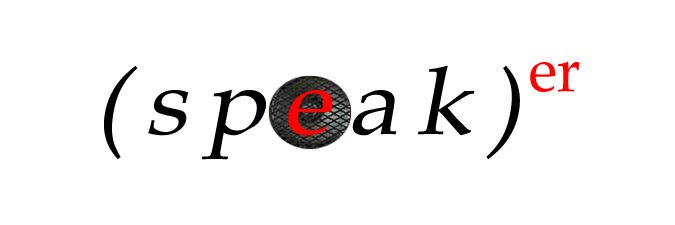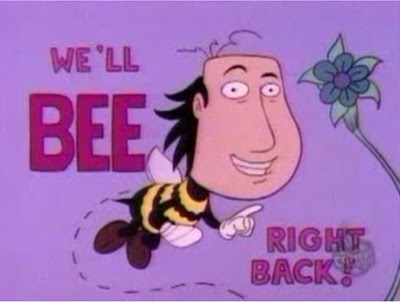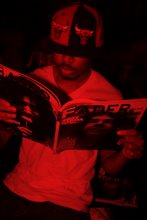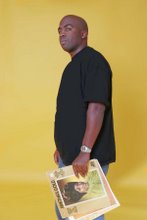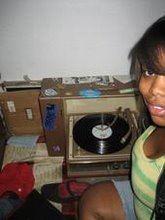
I found out about Horace Silver on accident. I found myself in the place that feeds my information addiction (the public library) looking at the documentaries and stumbled upon A Great Day in Harlem. The film was about the creative birthing and execution of photographer Art Kane's black and white picture of 57 of jazz's greatest musicians taken in 1958 on the steps of a brownstone in none other but Harlem, New York.
The most entertaining aspect of the documentary was the interviews of the still-living musicians interwoven with the tale of how it all came to be. I never would have known Dizzie Gillespie was hilarious and I wouldn't have found out about electric pianist Horace Silver, the man who helped create "hard bop", a branch of jazz that combines components of R&B and gospel.
I found his 1972 Blue Note Records release All (Phase III), a weird, new-age devotional album with song titles like "My Soul Is My Computer" and "How Much Does Matter Really Matter?" Now it might seem anachronistic to say something created in the seventies was "new-age" considering that it's a late 20th century movement (around the 1980s) but consider this: these people had Psychedelics. Need I say more?
On this particular album, Silver enlists a few vocalists to sing over his compositions and even sings on a few himself. Sounds like a gem, right? Not exactly. A friend listening to the album with me said that it almost sounded like Christian lounge music. Terrible, I know. But, the second-to-last track named 'All' stood out. Silver sang a swanky sort of melancholy melody layered over his deliberate but lighthearted playing that I remember listening to a lot at the end of long, frustrating days. That was enough to send me on the chase.
Since then I've heard seven of his releases and two of them seem to stick out in my mind as better than average. The first is his 1968 album Serenade To A Soul Sister. The record jacket has an average quality picture of what you could almost imagine was just a picture of Silver's friend that he decided to use for the cover. But, the casualness of the photo really sets the tone for the informal sound of the rough-around-the-edges production of the album (keep in mind that I'm talking about the vinyl album, not the re-mastered CD). It begins with "Psychedelic Sally", a song just over seven minutes that starts quickly with a chorus of happy, blaring horns and continues through with every track building on the last to end with a slow, sentimental song called "Next Time I Fall In Love." On this song Silver plays with a sincerity and pace that reminds me of Monk's "Ruby, My Dear."
My favorite thing about this album is the chorus of horns. I could be wrong, but it sounds like every time they appear on a track they are notably crisp and layered with two octaves being played simultaneously. The entire album is energetic and maybe a little more funky than I think most people would categorize traditional jazz to be.
His 1999 release, Jazz Has A Sense Of Humor, sounds something like you would imagine an album with that kind of title would sound like without being too boring or predictable. It starts real sultry with silky, upbeat horns over Silver's whimsical playing. The tone of the album is consistent even though the tempo speeds up in "The Mama Suite, Pt. 1: Not Enough Mama" but never drops below mid-tempo. My favorite track on the album has a few different angles to it. On one hand "Ah-Ma-Tell" almost sounds like Silver's jazzier interpretation of the songs that could be found on 1964's "A Boy Named Charlie Brown" soundtrack by Vince Guaraldi. Yet at other times portions of it sound like and sometimes evoke the same listening experience of "It's Your Thing" (the Jackson 5 version, not the Isley Brothers'). If it had horns, that is. Like a much faster, less funky version. Sometimes it even sounds like it could have been a James Brown song. Call me crazy...or simply comment and disagree with me. It won't hurt my feelings.
Here are a couple tracks from Jazz Has A Sense of Humor:
Satisfaction GuaranteedAh-Ma-TellKristian

